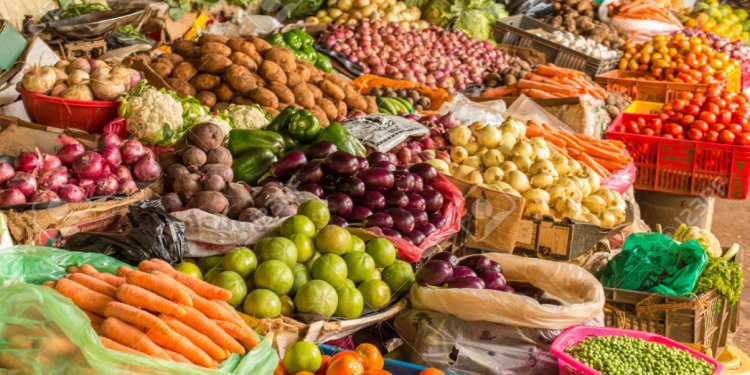Relief for Kenyans as the cost of living is projected to decline further this month on the back of falling food prices- Central Bank of Kenya (CBK) survey.
The CBK Agriculture Survey stated that 61% of traders predict stable or declining prices for staple foods such as cereals, grains, and vegetables due to increased supply in February.
The expected moderation of maize and wheat prices is on account of ongoing harvests in Kenya and Tanzania and the expected duty-free importation of maize and rice from February.
CBK Agriculture Survey
The ongoing rice harvest in Mwea, which began in December 2022, is anticipated to curb the price of rice in the near term persistently.
Furthermore, the prices of non-vegetables and vegetables, excluding tomatoes and traditional vegetables, are predicted to either stay the same or decrease following the recent short rains.
The stabilization of cooking oil prices, owing to the recent drop in international palm oil prices, is also expected to continue.
The expected drop in staple food prices is believed to have a substantial impact on the country’s inflation rate, which reached a peak of 9% in January.
The high inflation rate is primarily driven by an increase in the cost of food, fuel, transport, housing and other factors, according to the Kenya National Bureau of Statistics (KNBS).
Traders surveyed stated that market prices would continue to be influenced by transport costs, input prices, and weather conditions. However, they mentioned that they no longer consider Covid-19 and the Russia/Ukraine war as significant factors affecting prices.
Read Also: World Food Prices Hit Highest Level on Record in 2022




